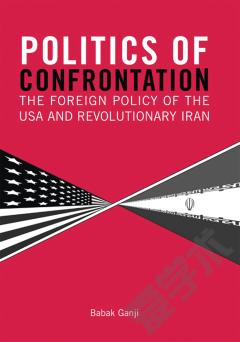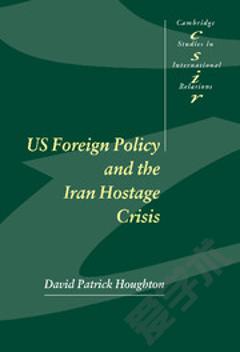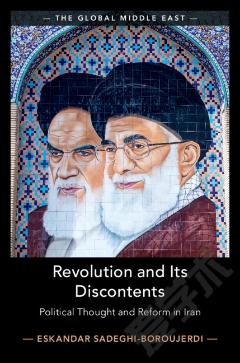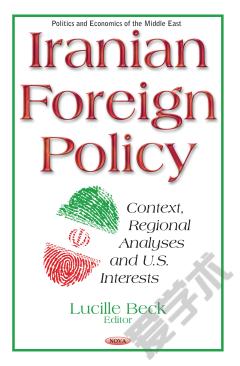Politics of Confrontation —— The Foreign Policy of the USA and Revolutionary Iran
----- 政治对抗:在美国和革命伊朗的外交政策
Did the United States know more than it acknowledges about growing unrest under the Shah in mid-1970s Iran? Have historians of American-Iranian relations focused too narrowly on prevailing historical theory and personal recollection? In a period of escalating tension between the United States and Iran, what can the two nations' history of conflict tell us about their diplomatic future? Covering Carter's policy from the end of the Shah's reign to the revolution under Ayatollah Khomeini, Babak Ganji explores the nature of their perpetually antagonistic relations and the mistrust and misunderstanding that fuels it. Politics of Confrontation is a penetrating critique of international relations theory within the historical framework of US-Iranian relations, as well as a thorough examination of American policy towards Iran. It is the first in-depth look at documents seized by revolutionary students from the American Embassy during the infamous hostage crisis, and debunks the myth that US officials were unaware of the nature of opposition to the Shah or of Soviet influence on senior clerics. These findings are an essential addition to the discourse of foreign policy theorists and invaluable for historians of the US, Iran and the Cold War.
{{comment.content}}








 京公网安备 11010802027623号
京公网安备 11010802027623号